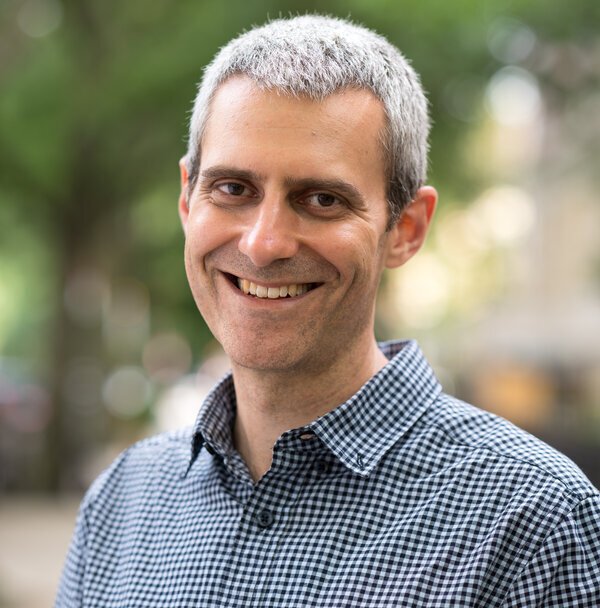
Eva Truuverk, Member of the Advisory Board and one of the founders of the Citizen OS Foundation.
Can you recall how it all started?
Eva Truuverk: I remember sitting behind a table with Ahti Heinla (renown technology entrepreneur, one of the co-founders of the Citizen OS) and many other people in the advisory board of the Let’s Do It Foundation. Ahti spoke about the idea of dissolving the parliament and using technology to give people more decision-making power.
What made the idea attractive to you?
Eva Truuverk: I was fascinated about the idea of each person being directly involved in decisions that concern them, or finding a representative who they trust and feel is most qualified to make decisions on specific topics. So, according to Ahti’s idea, you would not delegate all decisions to one person or group for a certain period. Instead, with vote delegation, it would initiate several parliaments which emerge and dissolve based on topics and interests. This way, in some cases, you could make a decision yourself, and on another occasion, delegate it anonymously to someone else.
It feels odd to be an active decision-maker in all social topics all the time. Equally odd is delegating all aspects of decision-making power to a small group of people for four years. This sparked an imagination how people in Estonia could become more represented this way. Each time the advisory board gathered, the group ended up with a range of ideas and we knew that some of these ideas had to be realised.
We became part of an international democracy community of about 20 organisations and, to be honest, we were all pioneers. There were no other active initiatives working on the same dream.
At one point a technology company wanted to buy the platform. Why didn’t you sell Citizen OS?
Eva Truuverk: Yes, one big technology company was interested in buying ‘the Pipe’. The amount of money offered was quite substantial and there were negotiations ongoing but we discussed, voted and decided not to sell. We wanted to make sure we could provide people with the platform for free into the future.
What does the future hold for Citizen OS?
Eva Truuverk: I’m really happy that Citizen OS exists and has spread internationally. Considering how new the e-participation field is, having operated since 2013 and launched the first version in 2015, it is an impressive track record. This is especially considering how many similar platforms have not survived and have been established as project-based initiatives which stop growing as soon as the project ends.
I hope that in future Citizen OS will be more known and used by wide groups of people. A great deal of work has been done and the need for such a platform is acute. Citizen OS, and our democracy, has so much potential and a great deal still needs to be realised!



